It is of no surprise to everyone that the telecom industry is one of the most integral parts of our day-to-day lives. But, what we don’t know is that the recommendation engine is now becoming a vital aspect of every industry, be it Telecom, Banking, or E-commerce industry.
Those who don’t know much about the recommendation engine can read the blog: What is an AI based recommendation engine?
Recommendation Engine in the Telecom industry
Recommendation systems can be adjusted and configured in the telecom industry to consider various customer profiles, their impulse behavior, and any plans they may have purchased. It then offers them options that they might go for in the future. The optimal approach would be a system that can be tailored to fit within the existing framework by using advanced adaptive modeling and feedback loops, resulting in substantial customer targeting services for cellular advertising
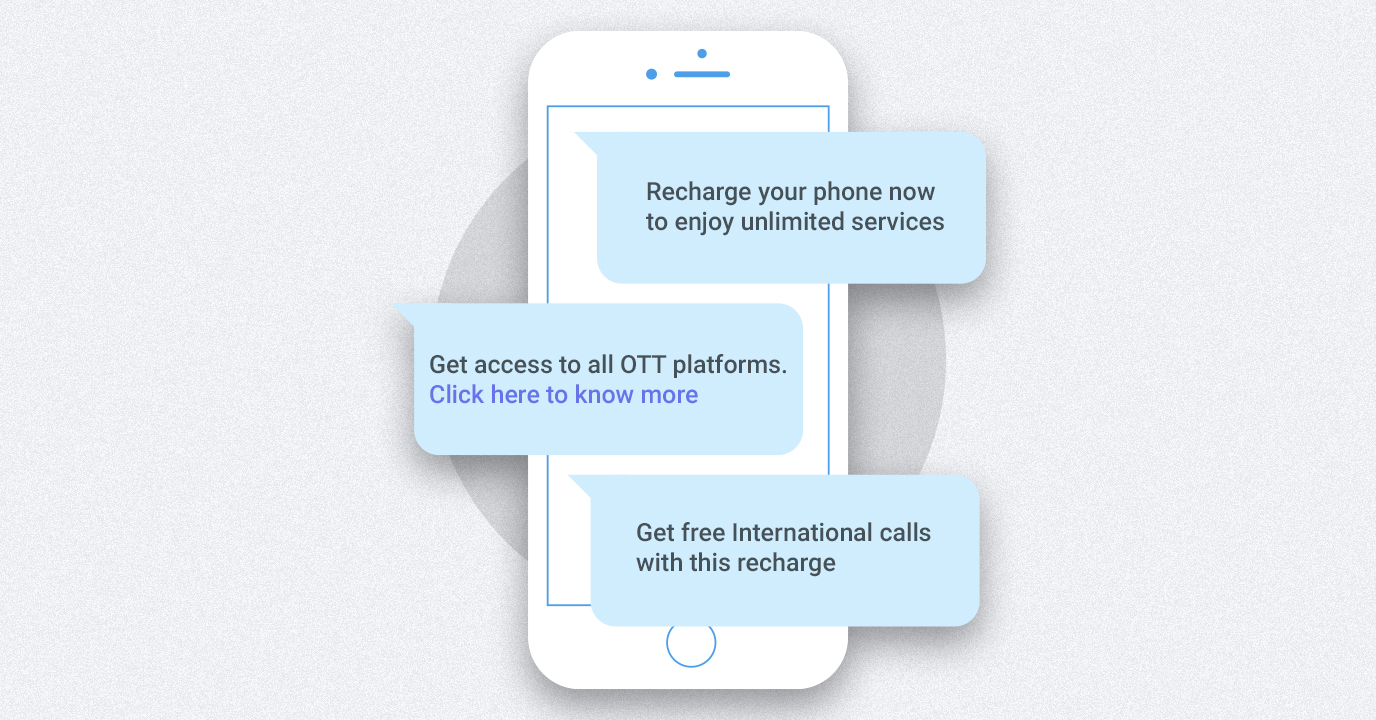
Why do you Need a Recommendation Engine in the Telecom Industry?
It is essential to understand the need for a recommendation system in this industry. Firstly, from the user’s perspective, the rapid growth of available information and products in the domain can make it feel like an intimidating task to find suitable and relevant products and information about them. Secondly, it is essential to understand what services or products are valuable and relevant to which specific user from the service provider’s perspective. These two points are vital aspects that will increase a telecom provider’s trustworthiness, reliability, and ultimately revenues. Another plus point is that the decrease of irrelevant information that the customer often finds to be annoying helps to reduce their churn rate significantly and eventually leads to increasing the quality of the experience for them.

How Does it Work?
A telecom provider heavily relies on advertising campaigns to increase revenues and generate user loyalty; in other words, they aim to increase the average amount a user spends per service and per month and decrease churn rates. Using a recommendation system, a provider can send a notification of any marketing campaign to users. These notifications can be sent by text messages, Interactive Voice Response (IVR) call, or sometimes email. In the case of text messages, the notification will consist of a few text lines that describe what is being offered to the customer. A similar concept will apply to the cloud IVR scenario, with the main difference being that the target customer will receive an automatic phone call advertising a specific marketing campaign.
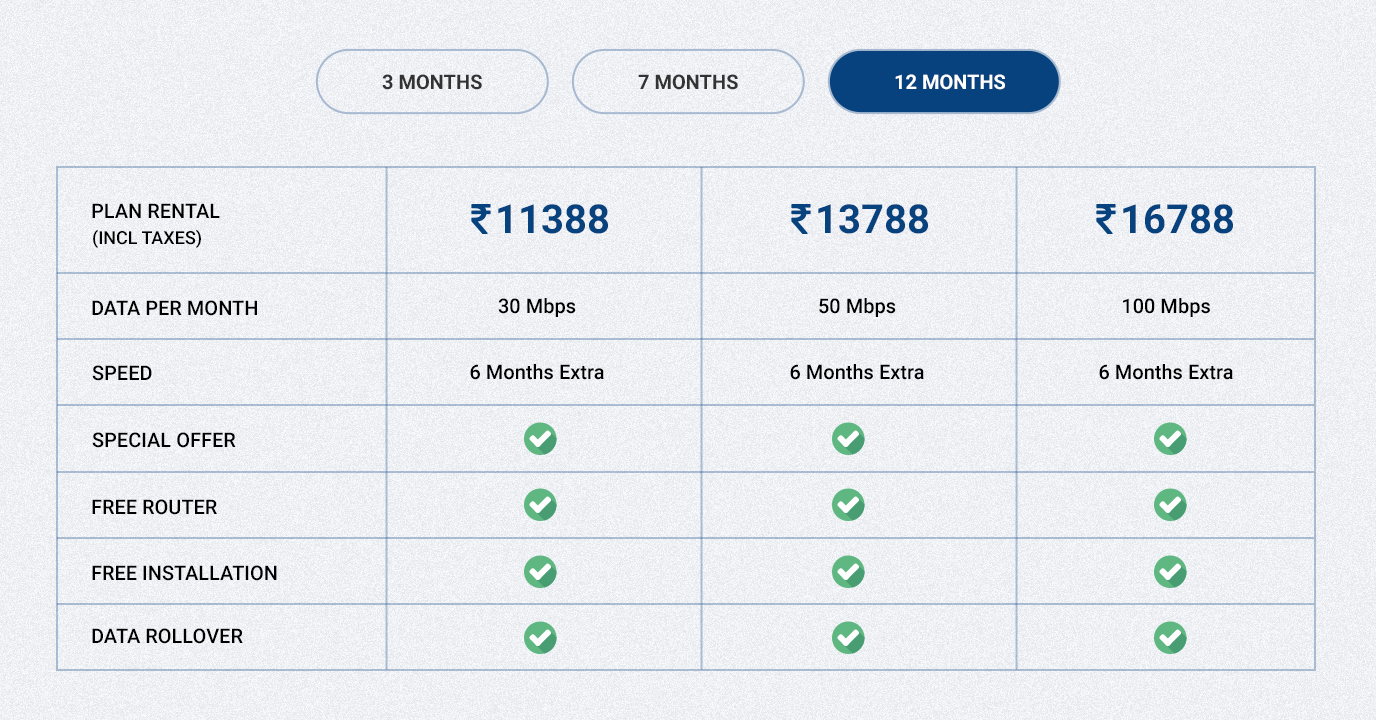
The various campaigns that customers may receive can consist of informative messages, recharge offers, or incentives for consumption. These campaigns may have specific goals such as increasing the recharge amount/frequency of a user, offering or promoting new data bundles or providing incentives to subscribe or buy a service or product, and much more. Depending on the specific campaign, several benefits are offered to the customers, such as extra balance, mobile data volume, discount vouchers upon purchasing a particular product, etc. In marketing terms, this is often referred to as upselling, cross-selling, or “sticky” behavior, resulting in customers returning more frequently to the purchase portal and purchasing more services/products. In this case, the types of products could be songs, new ringtones, caller tunes, and other apps running on the customer’s phone.
These marketing notifications can be sent to customers when certain events are triggered, such as their balance reaching an amount that lower than a specific limit or their average credit, or when entering into a particular area or location, like a new town or shopping mall. Upon receiving the notification, it is entirely in the customer’s hand to choose to participate in the campaign or ignore it. Suppose the nature of the campaign allows it. In that case, a customer can participate in the same campaign or offer several times within the specified period if the events or conditions that fall under the criteria are fulfilled. This consists of the information that is used to build the recommendation systems for telecom providers.
Get to know more about the recommendation engine and its usage by trying a 14-day free trial of Alie.

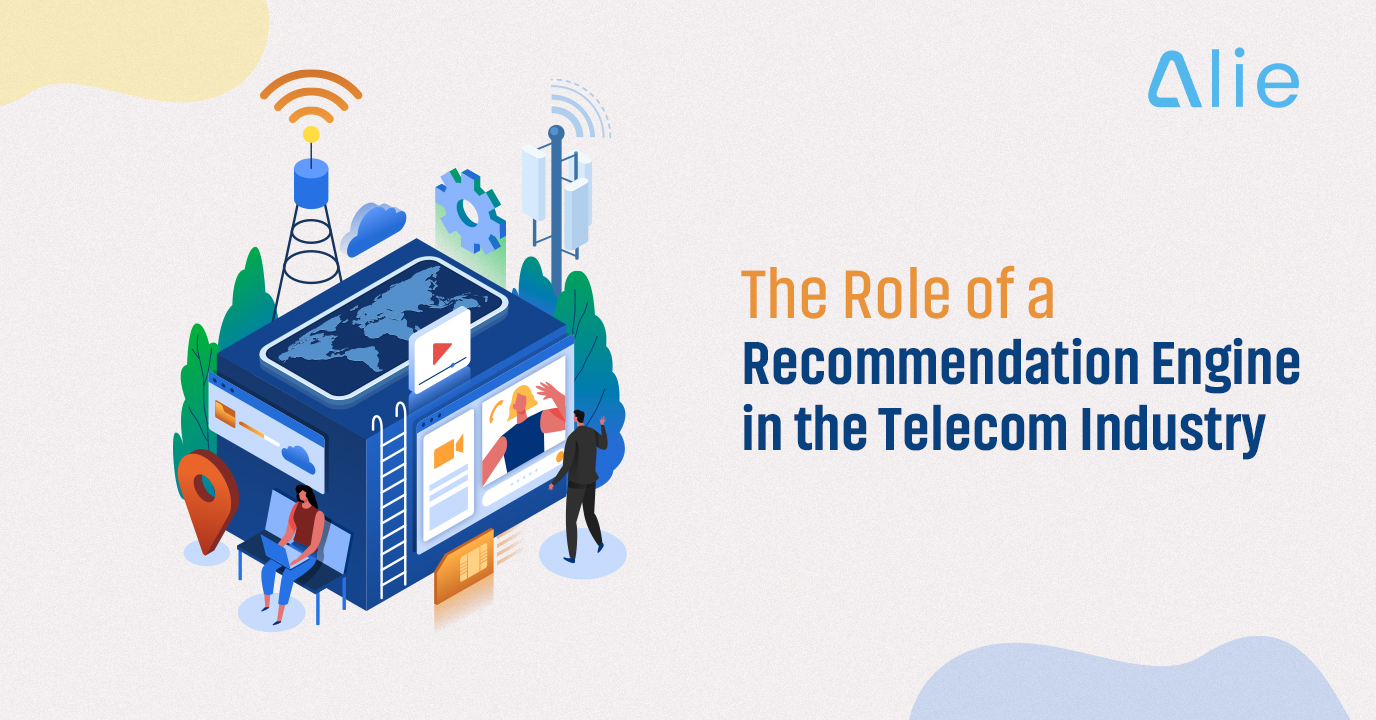





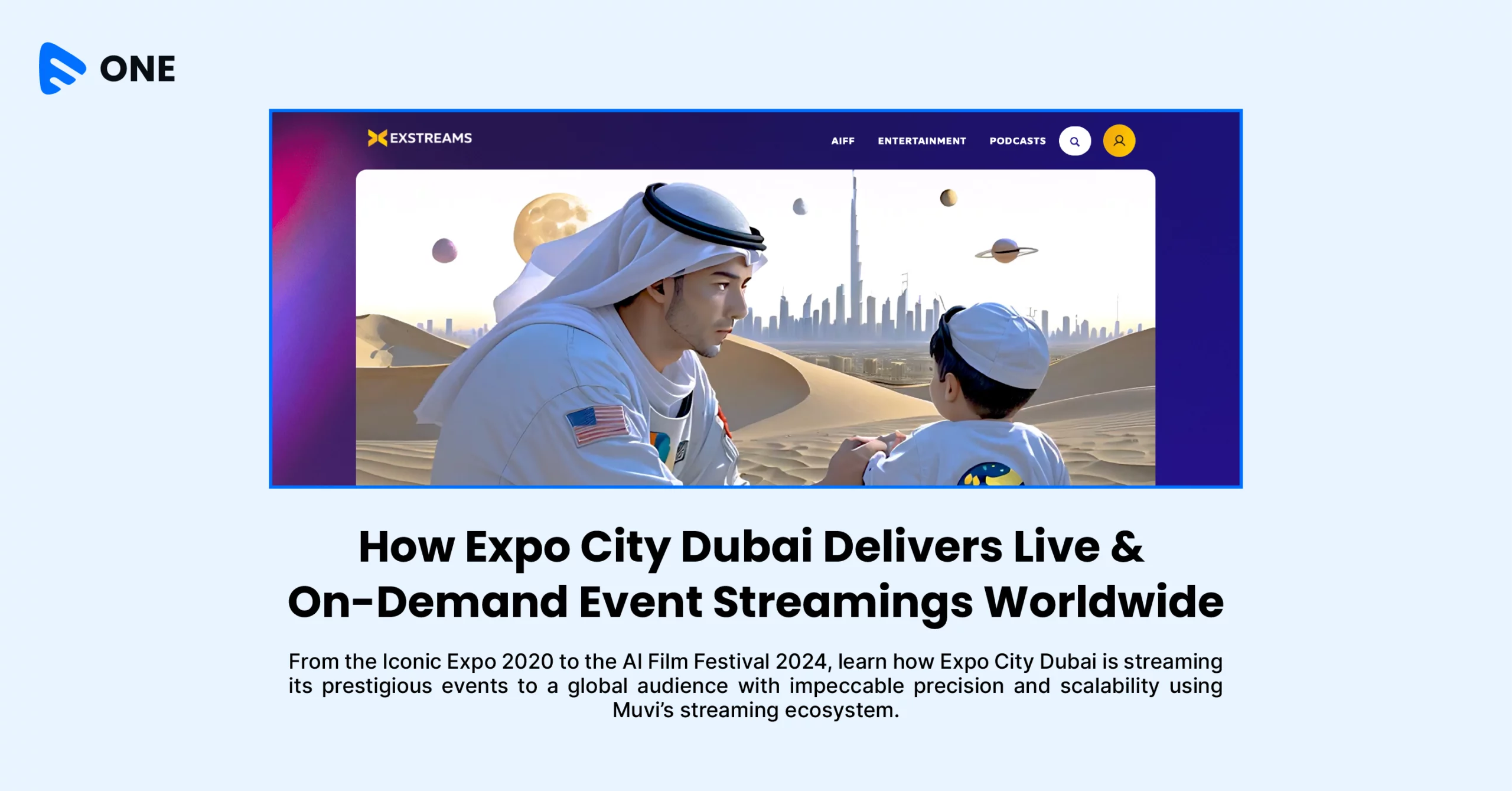
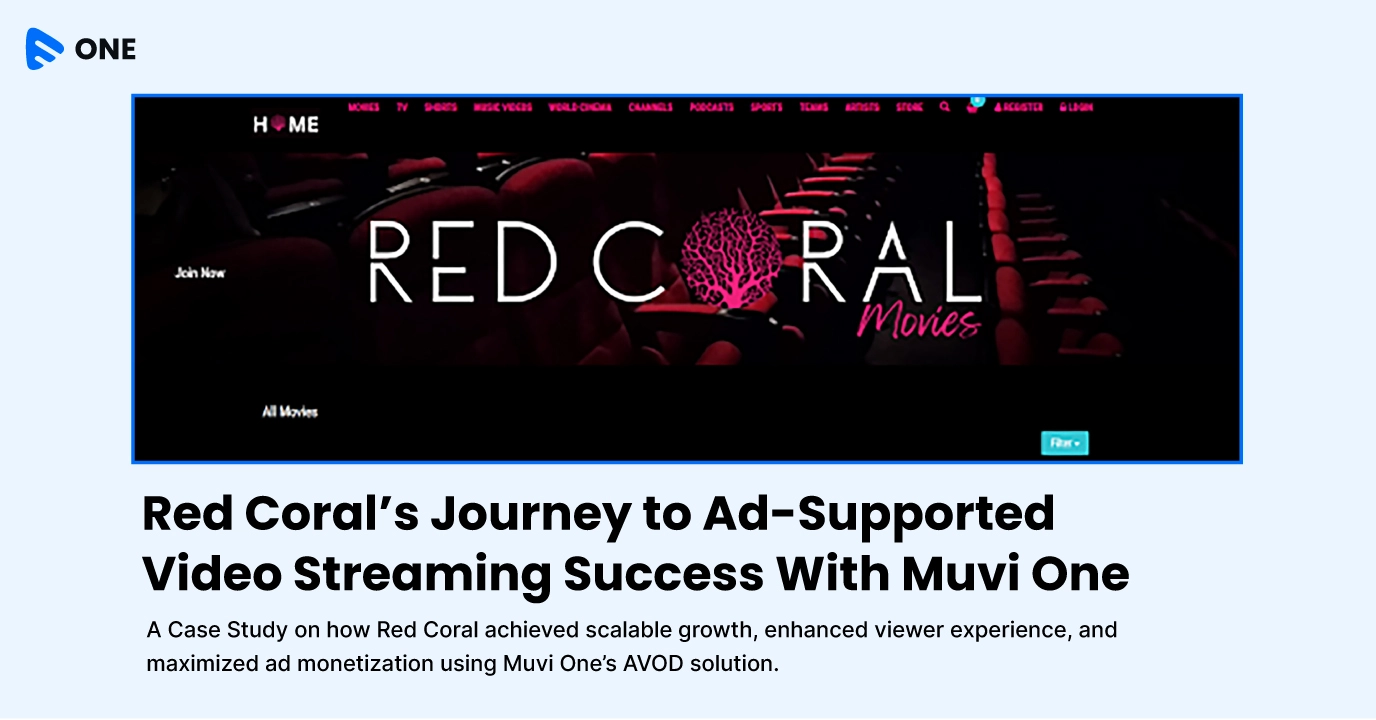
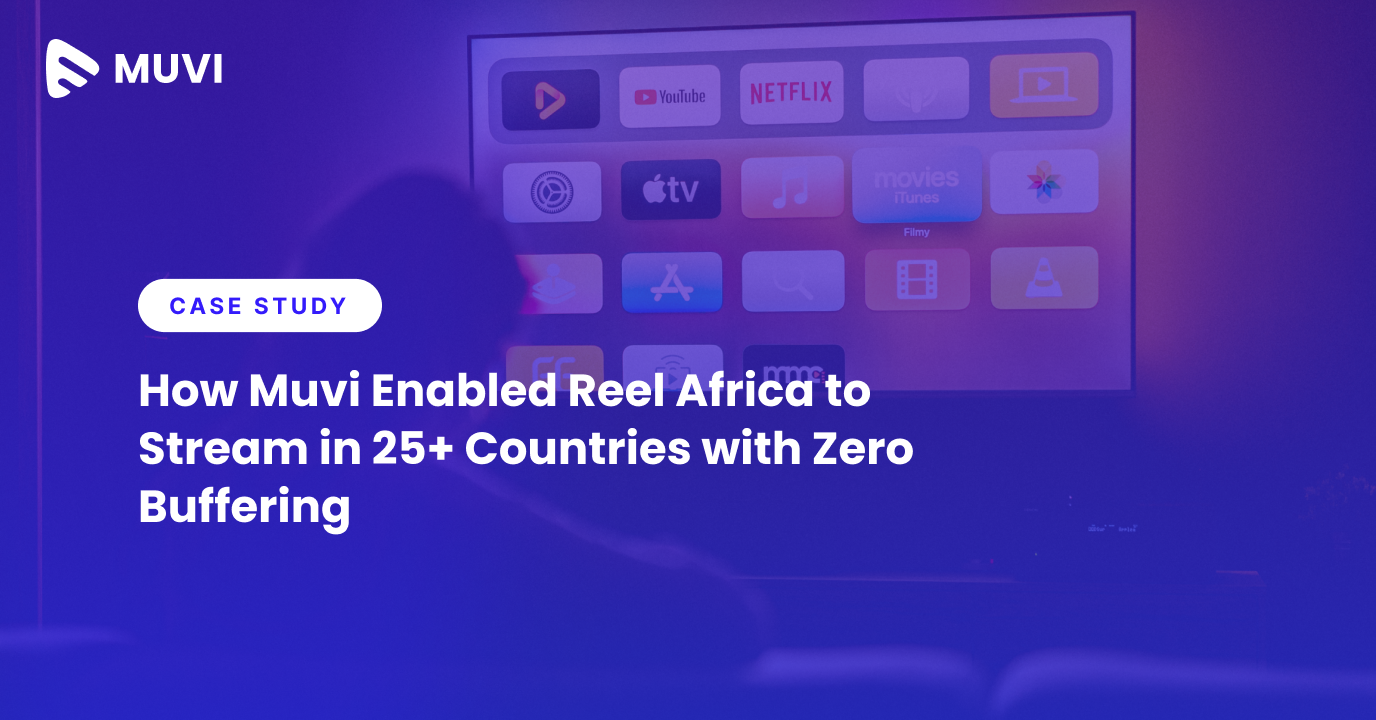




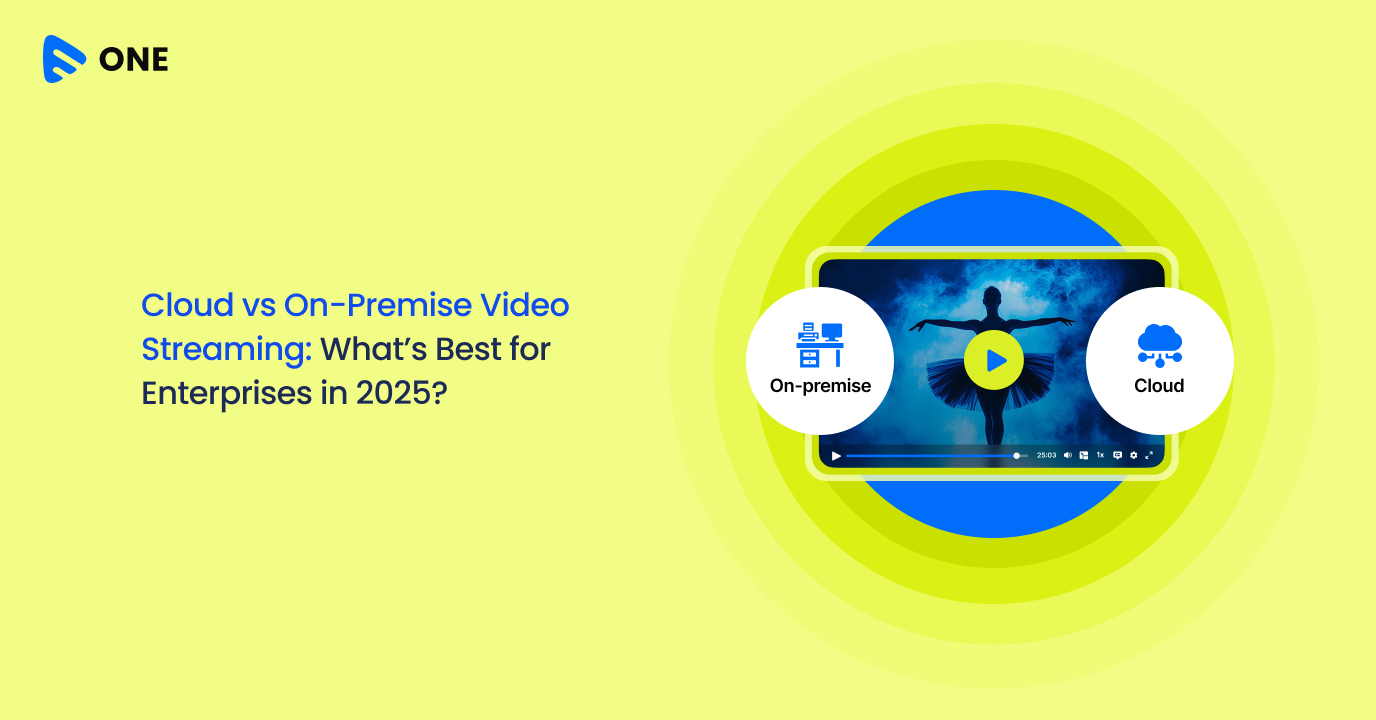





Add your comment